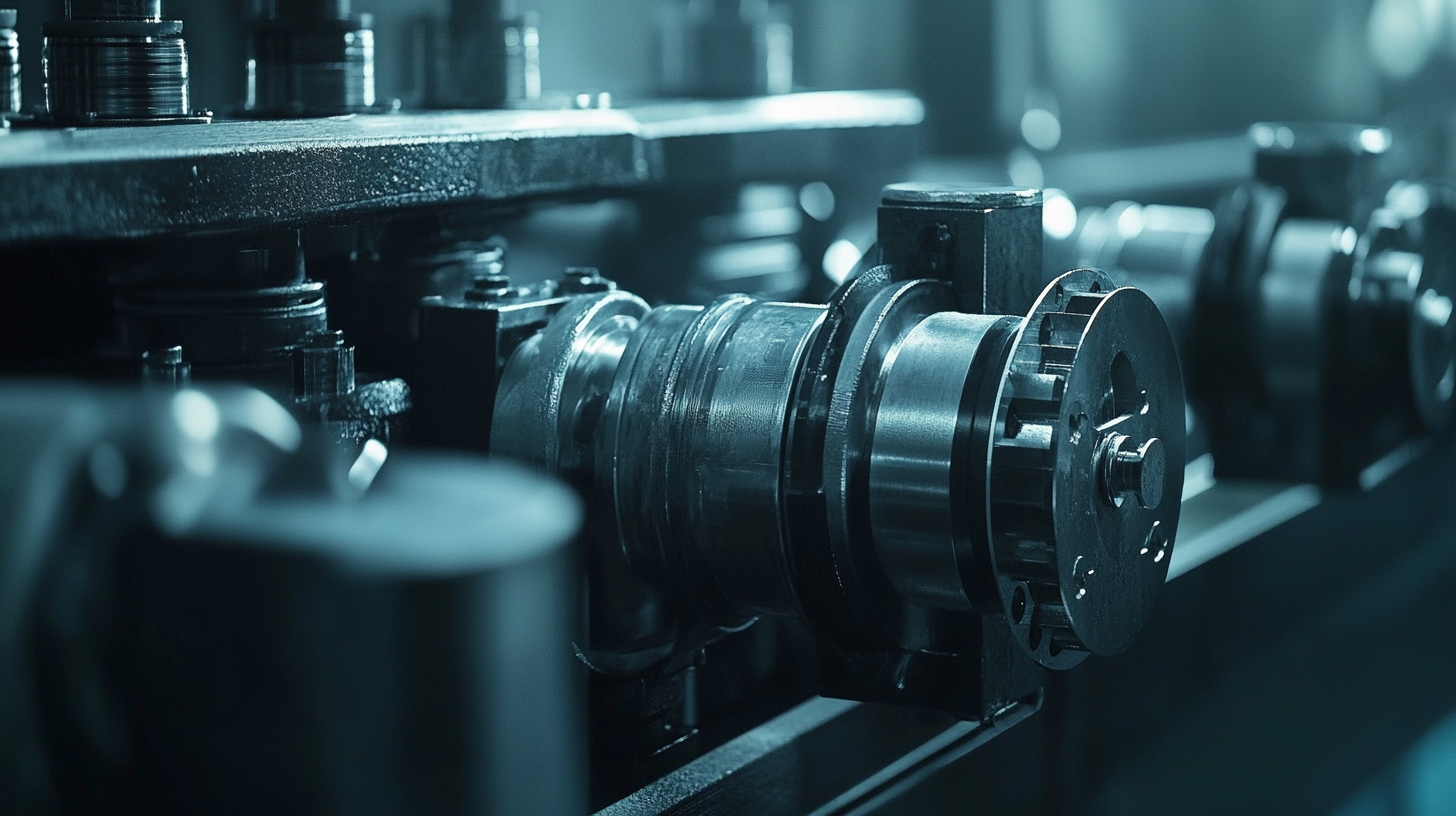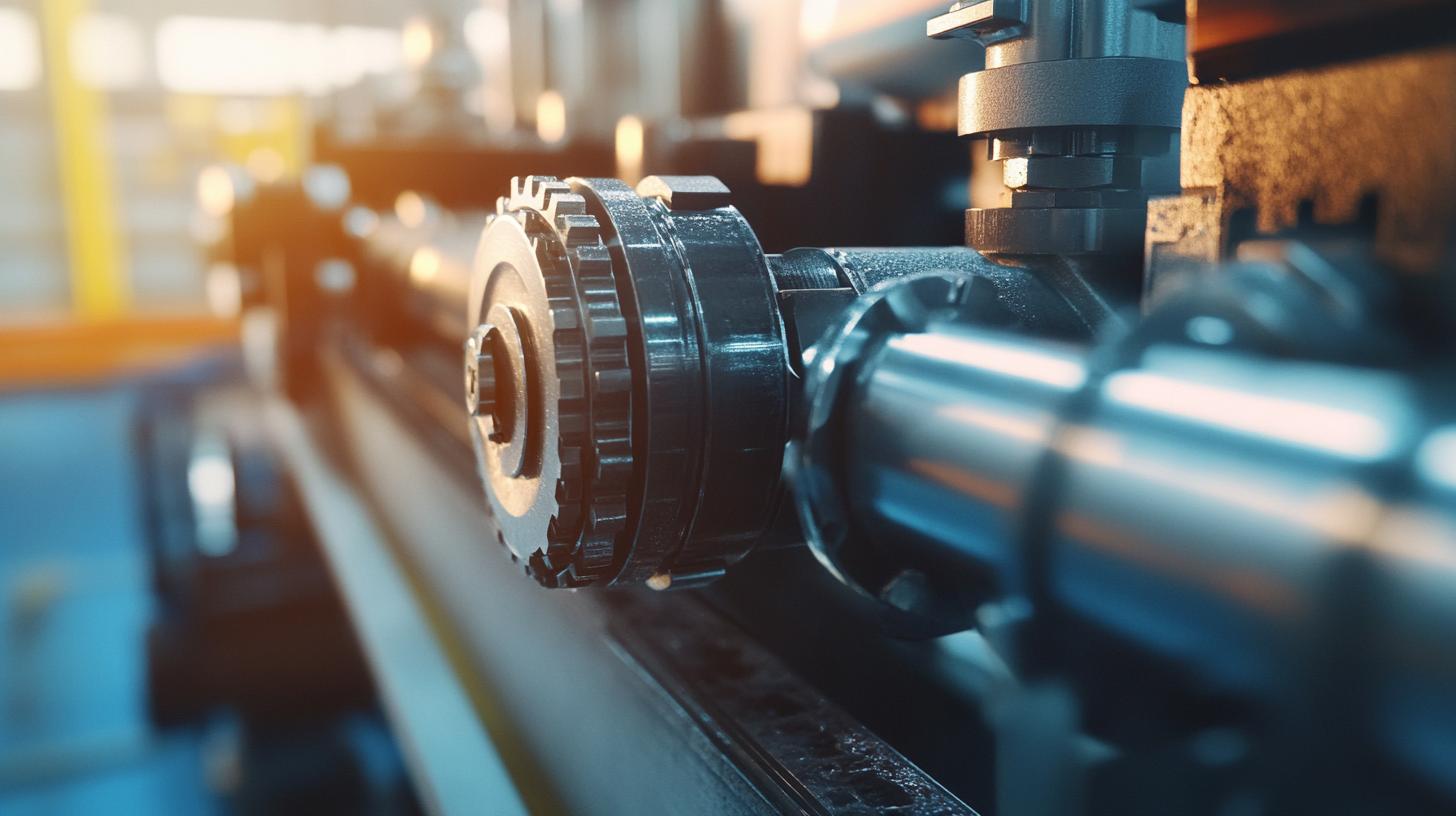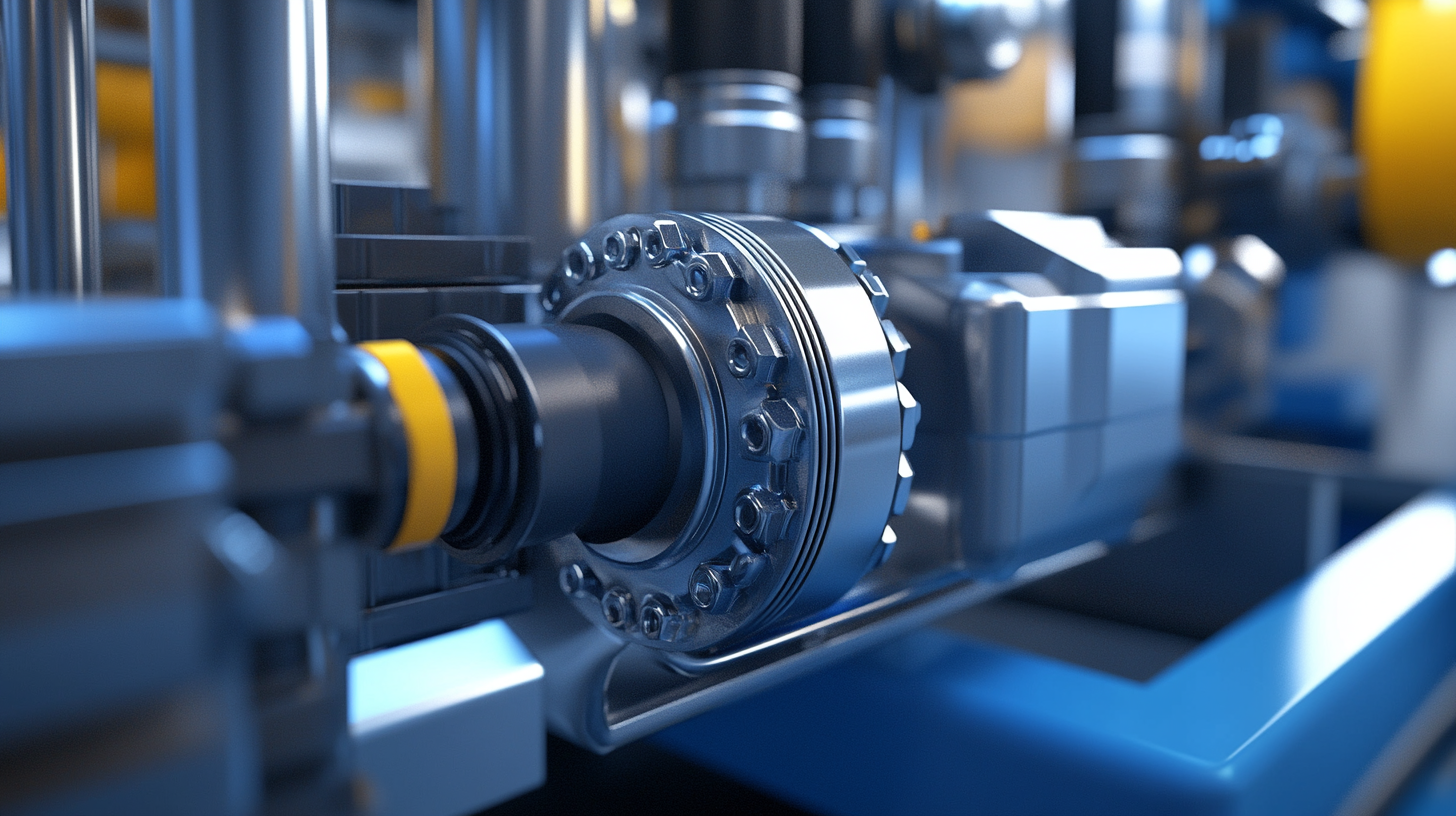Understanding the Advantages of a Hydraulic Pump for Your Industrial Needs
In the realm of industrial applications, efficiency and reliability are paramount for achieving optimal performance. Among the various components that contribute to this success, a hydraulic pump stands out as a critical player. A hydraulic pump is essential for converting mechanical energy into hydraulic energy, enabling the smooth operation of machinery across multiple sectors such as construction, manufacturing, and automotive. Understanding the advantages of using a hydraulic pump can help businesses enhance productivity, reduce energy costs, and improve overall system performance. This blog will delve into the key benefits of hydraulic pumps, exploring their versatility, power output capabilities, and how they can meet the unique demands of your industrial applications. By the end, readers will gain valuable insights into why investing in a hydraulic pump could be a game changer for their operations.
Types of Hydraulic Pumps: Choosing the Right One for Your Industry
When choosing the right hydraulic pump for your industry, understanding the various types available is crucial for optimizing performance and efficiency. Hydraulic pumps can be primarily categorized into positive displacement pumps and dynamic pumps, each serving different operational needs. Positive displacement pumps, which include gear and vane types, are known for their consistent flow rates and high-pressure capabilities, making them suitable for applications requiring precise control. On the other hand, dynamic pumps, such as centrifugal pumps, are ideal for large volume applications but may not provide the same level of pressure consistency.
Selecting the right hydraulic fluid is equally essential as it directly impacts the system's performance. According to recent industry reports, the correct hydraulic fluid can enhance energy efficiency by up to 15%, thus significantly improving overall system productivity. Furthermore, advancements in electrohydrostatic drive concepts suggest that integrating modern hydraulic technology can maximize productivity while minimizing energy consumption, showcasing a growing trend towards resource-efficient solutions in the industrial sector. These innovations underline the importance of pairing the right pump with suitable hydraulic fluids and modern drive systems to achieve operational excellence.
Key Benefits of Hydraulic Pumps in Industrial Applications
Hydraulic pumps play a crucial role in various industrial applications, offering significant advantages that enhance operational efficiency. One of the key benefits is their ability to provide high power output while maintaining a compact size, which is essential for limited-space environments. As noted in recent industry updates, Parker Hannifin has expanded its GVM Motor Series, increasing the power range up to 351 kW, which highlights the demand for more powerful hydraulic solutions that cater to the growing electrification trend in mobile applications.
In addition to power efficiency, hydraulic systems are now integrating smart fluid hydraulics technology, which optimizes energy consumption and reduces emissions. This aligns with industry goals focused on sustainability and cost-effectiveness. The advancement of sensors within hydraulic systems also facilitates predictive and preventative maintenance, ensuring that equipment remains operational for longer periods and minimizing unexpected downtime. With the industrial hydraulic equipment market projected to grow significantly due to these innovations, the evolution of hydraulic pumps remains essential for meeting modern industrial demands.

How to Maintain and Optimize Your Hydraulic Pump Performance
Maintaining and optimizing the performance of your hydraulic pump is crucial for ensuring operational efficiency and longevity in industrial applications. Regular maintenance practices, such as checking fluid levels, inspecting seals and hoses for leaks, and replacing worn-out components, can significantly enhance the pump's performance. It’s important to adhere to a scheduled maintenance routine, which should include cleaning filters to prevent contaminants from damaging the system and ensuring that the hydraulic fluid is suitable for the operating conditions.
In addition to routine checks, monitoring the pump’s operating parameters, such as pressure and temperature, can provide insights into its condition. Anomalies in these readings could indicate potential failures or inefficiencies. Implementing an effective optimization strategy may also involve recalibrating the pump to match the specific demands of your machinery, thereby reducing energy consumption and extending service life. By prioritizing both maintenance and performance optimization, businesses can achieve robust hydraulic operation, reduce downtime, and ultimately save on repair costs in the long run.

Comparing Hydraulic Pumps to Alternative Power Sources
When considering power sources for industrial applications, hydraulic pumps stand out due to their unique advantages over alternatives such as electric motors or pneumatic systems. One of the primary benefits of hydraulic pumps is their ability to generate significant force in a compact design. Unlike electric motors, which may require bulky components to achieve the same output, hydraulic systems utilize pressurized fluid to deliver power efficiently, making them ideal for heavy-duty operations.
Moreover, hydraulic pumps excel in environments where precision and control are paramount. While pneumatic systems might struggle with consistent pressure due to air compressibility, hydraulic systems offer stable and accurate force, allowing for meticulous control in applications ranging from construction equipment to manufacturing processes. This level of control can enhance productivity and reduce the risk of errors, showcasing why many industries favor hydraulic solutions over pneumatic or electric alternatives.
In terms of energy efficiency, hydraulic pumps can outpace their counterparts. Systems that rely on electricity can suffer from conversion losses, especially when motors need to ramp up for peak loads. Conversely, hydraulic pumps can maintain efficiency even under varying loads, ensuring that power is used effectively without unnecessary waste. This characteristic not only translates to cost savings but also aligns with sustainability goals within industrial operations, further solidifying the hydraulic pump's position as a preferred choice for many businesses.
Common Applications of Hydraulic Pumps in Various Industries
Hydraulic pumps play a critical role in various industries, powering essential machinery that enhances efficiency and productivity. With the hydraulic pump market projected to reach approximately $14.2 billion by 2032, growing at a CAGR of 3.4%, it is clear that investment in hydraulic technology is a priority for numerous sectors, from construction to agriculture. The demand for hydraulic pumps is driven by their versatility and reliability in handling heavy loads and performing complex tasks.
Recent advancements in hydraulic technology further demonstrate the growing importance of these systems. For instance, the introduction of a new electrohydraulic pump, which combines a gear pump with an axial flux motor and controller, highlights the trend towards more compact and efficient designs. Such innovations are ideal for hybrid equipment applications, where space and energy efficiency are paramount. Moreover, with the ongoing developments in mobile machinery, including higher pressures and flow capacities, industries can leverage these advanced hydraulic systems for improved performance and automation.
Industries like transportation and heavy machinery increasingly rely on hydraulic fluid power systems, underscoring their fundamental role in engineering applications. As market research indicates a substantial demand for hydraulic solutions—fueled by rapid global trade—companies must adapt and innovate to meet the evolving needs of their operations. With continuous advancements in technology, the horizon for hydraulic pumps looks promising, offering numerous applications that cater to the diverse requirements of modern industry.
Understanding the Advantages of a Hydraulic Pump for Your Industrial Needs
| Industry |
Common Applications |
Advantages of Hydraulic Pumps |
| Manufacturing |
Automated assembly lines |
High efficiency in power transmission |
| Construction |
Excavators, bulldozers, and lifts |
Enhanced lifting capacity and control |
| Transportation |
Steamrollers and freight lifts |
Smooth operation under load |
| Agriculture |
Tractors and harvesters |
Reliable performance in diverse conditions |
| Mining |
Drilling and excavating equipment |
Ability to operate in extreme environments |



